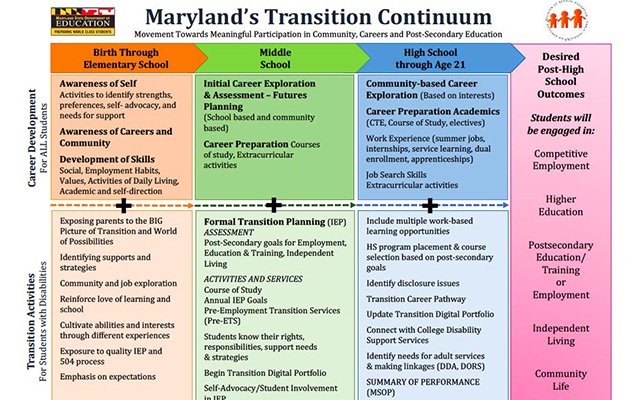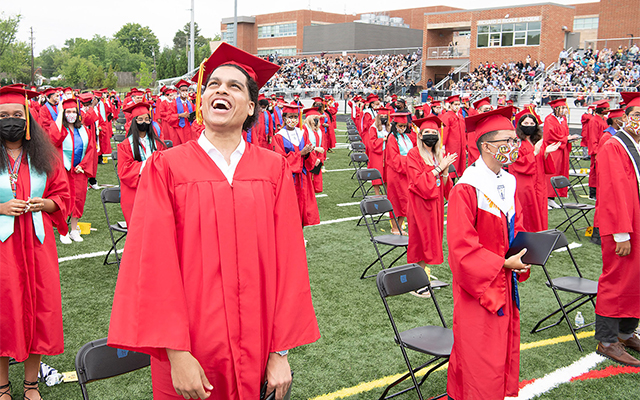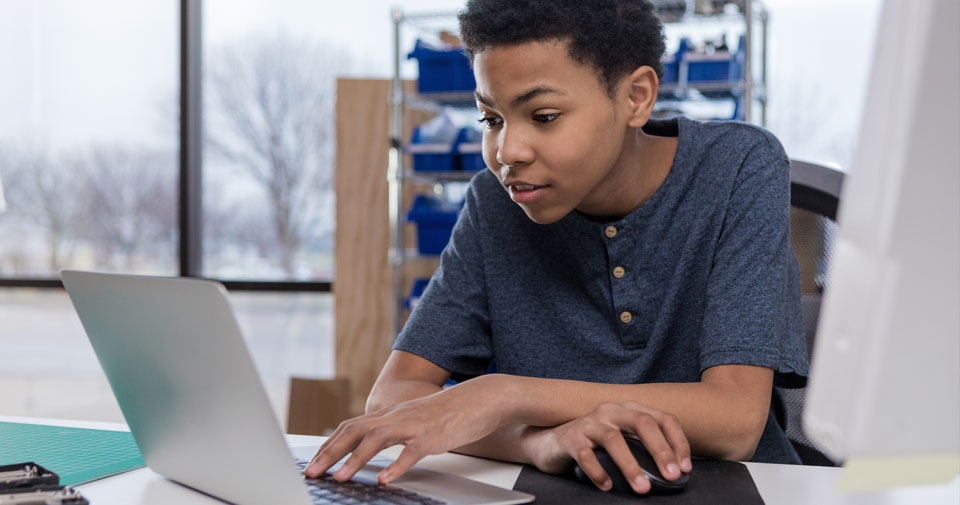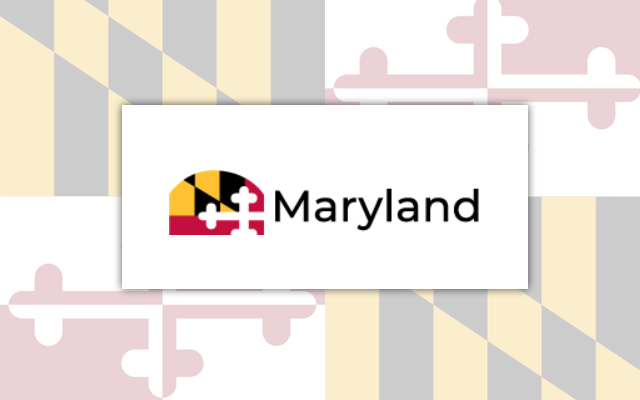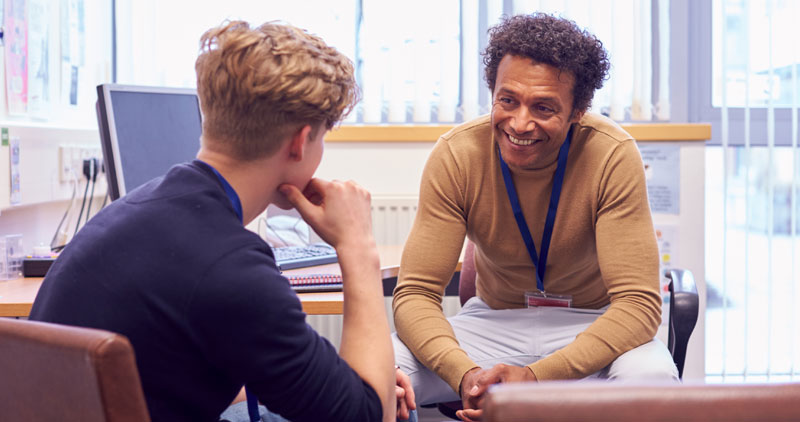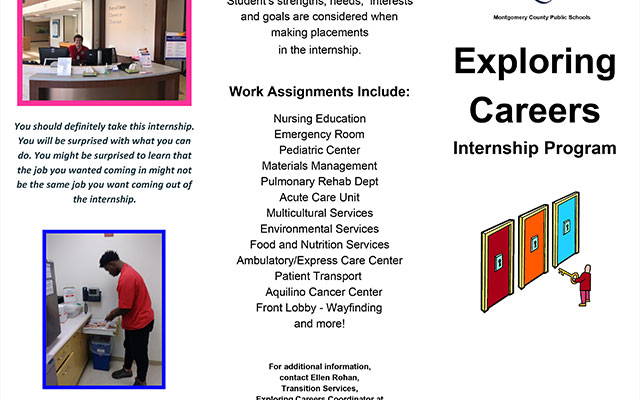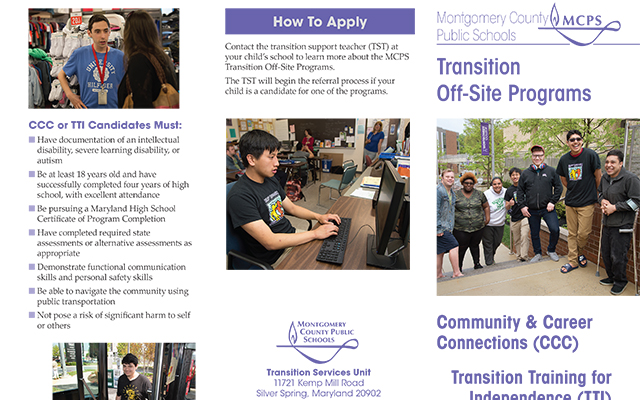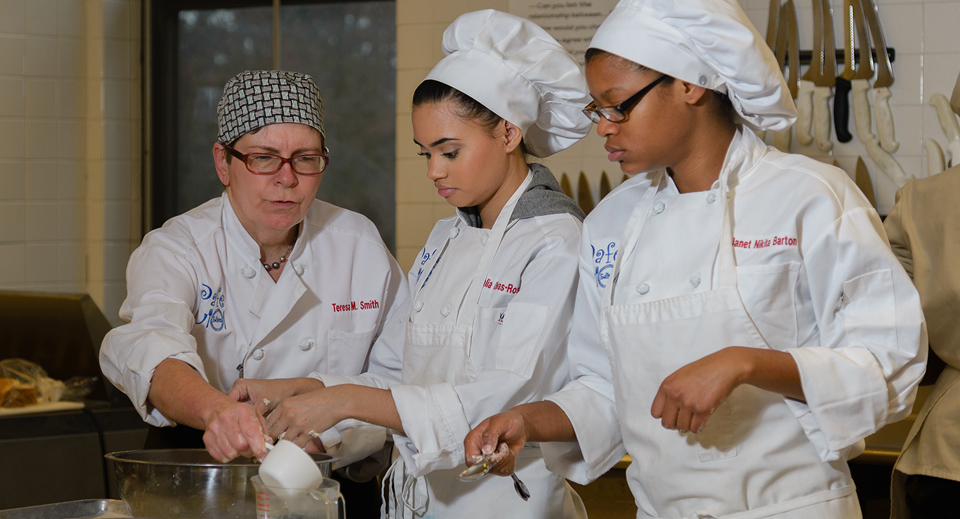 MONTGOMERY COUNTY PUBLIC SCHOOLS
MONTGOMERY COUNTY PUBLIC SCHOOLS
 MONTGOMERY COUNTY PUBLIC SCHOOLS
MONTGOMERY COUNTY PUBLIC SCHOOLS

Division of Specialized Support Services → Special Education Services
The transition services unit provides stakeholders with the necessary resources, tools, supports and professional development needed to ensure students a successful transition into further education, employment, and full participation in their community
Click HERE to join our mailing list for updates!
Montgomery County Police
Resources & Community Safety
Wednesday, January 14, 2026
7:00 p.m.
Virtual via ZOOM
Register HERE
MCPS TRANSITION SERVICES INVITES YOU TO JOIN US FOR OUR MONTHLY COFFEE SESSIONS!!

JOIN US TO:
RECEIVE SUPPORT WITH COMPLETING YOUR STUDENT'S DDA APPLICATION
ASK QUESTIONS ABOUT TRANSITION SERVICES AND THЕ TRANSITIONING YOUTH PROCESS
CONNECT WITH OTHER FAMILIES
DATE: December 19, 2025
LOCATION: Upcounty Regional Services Center
12900 Middlebrook Road, Germantown, MD 20874
TIME: Drop in between 7:30 AM-10:30 AM
REGISTRATION IS REQUIRED
PLEASE RSVP:
EMAIL AMBER_G_LAYANI@MCPSMD.ORG
OR CALL 240-740-2143
TO REQUEST ACCESSIBILITY OR INTERPRETATION SERVICES, PLEASE INCLUDE DETAILS IN YOUR RSVP
Click to view more details and flyers in ENGLISH, SPANISH, VIETNAMESE, FRENCH, AMHARIC, CHINESE, and PORTUGUESE.

Check out the following links for more information and resources:
Transition Planning Process and Resources page
Recreational and Summer Opportunities
Office Location:
11721 Kemp Mill Road
Silver Spring, Maryland 20902
Phone: 240-740-5900
Fax: 301-649-8018
Wednesday, March, 25
TIPS Meeting: DDA: Coordinators of Community Service (CCS)
Wednesday, April, 15
TIPS Meeting: DORS & Social Security
Wednesday, May, 27
TIPS Meeting: Social & Recreation Opportunities
